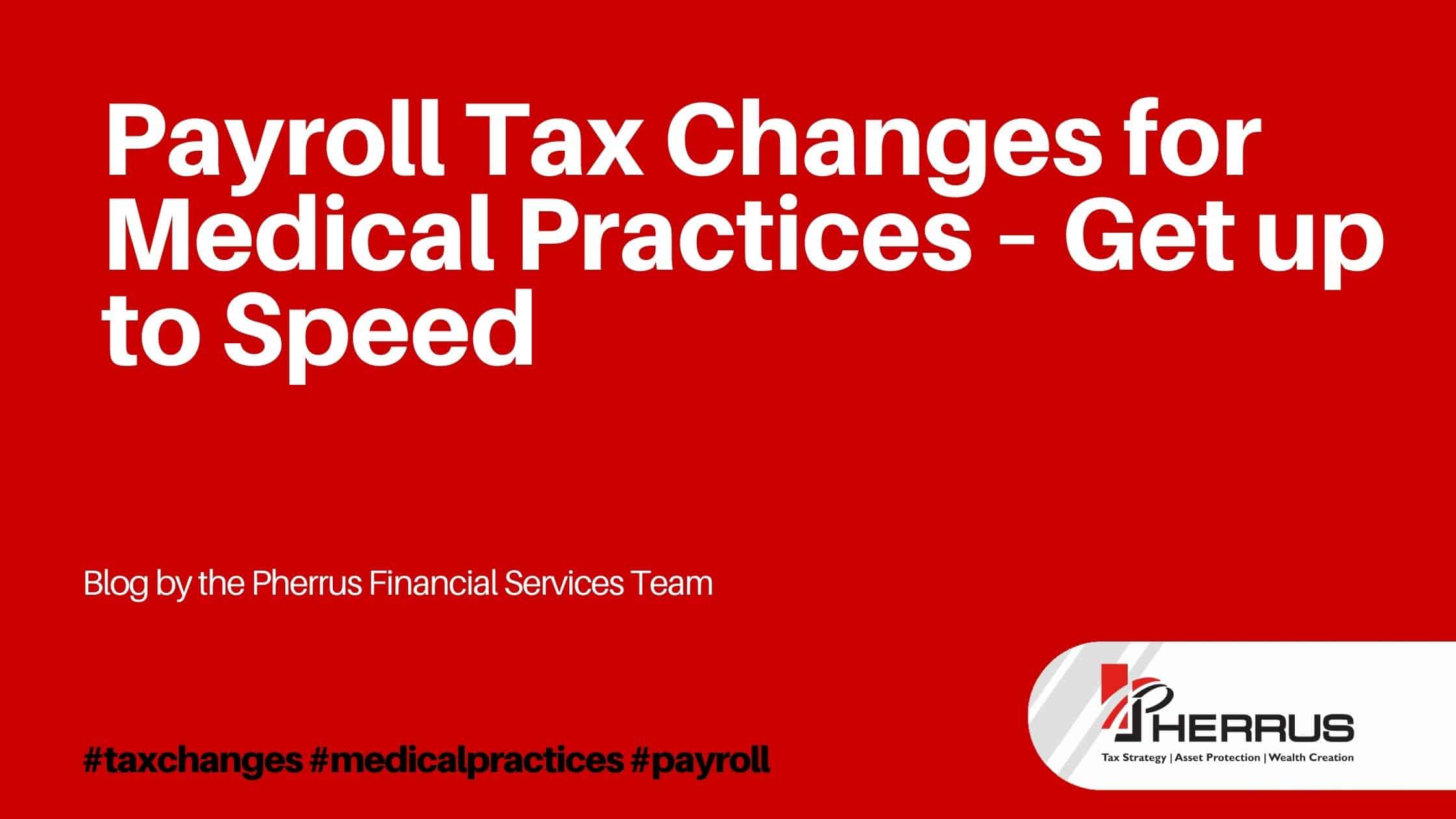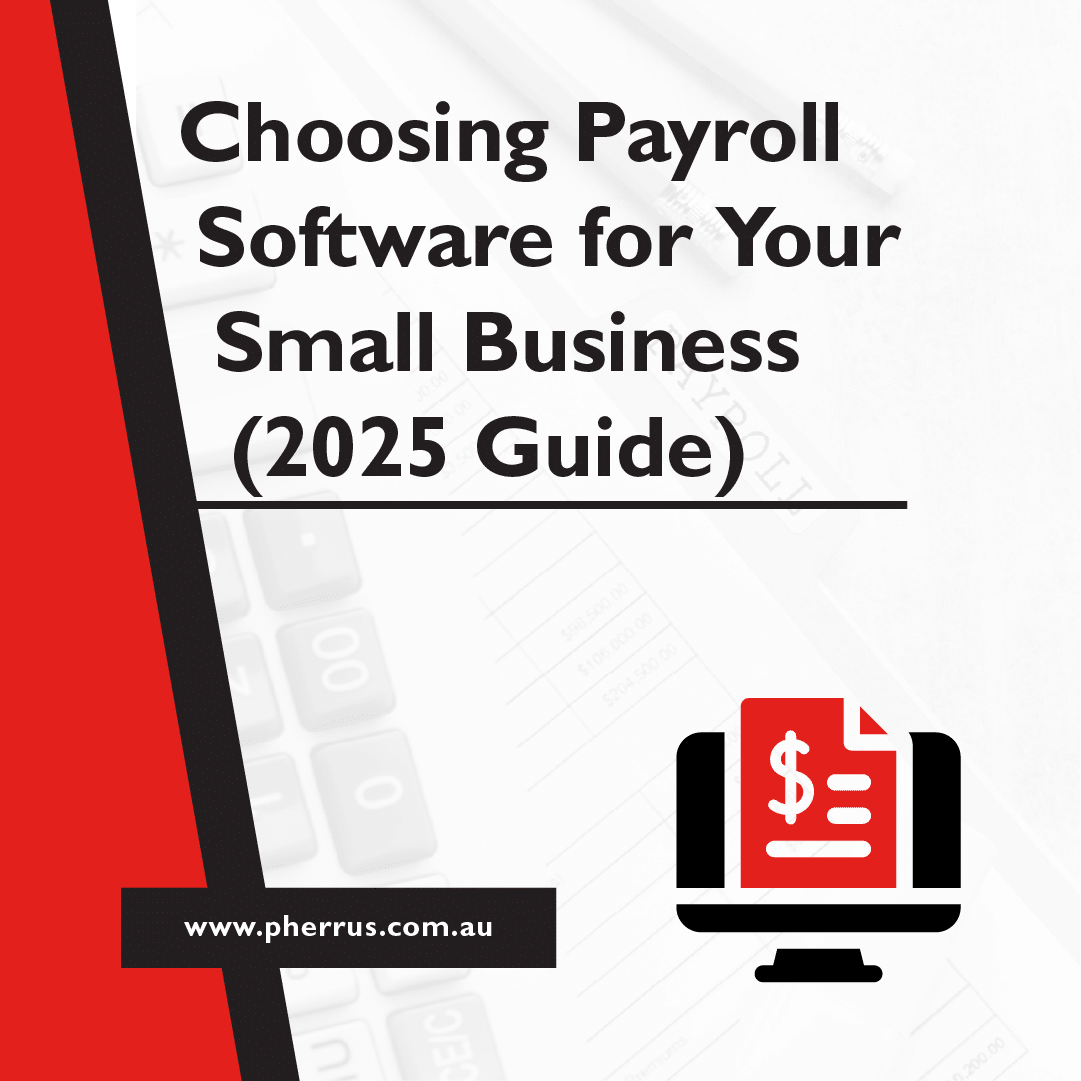There has been a recent change to payroll tax that applies to medical practices and practitioners, including dental clinics, radiology centres, physiotherapy practices, and other similar businesses.
It comes down to the State Revenue Office’s definition of ‘employee’ and ‘contractor’.
It is the employer’s responsibility to deduct a percentage of each employee’s wages as payroll tax and to ultimately pay this to the government’s tax office (the exact percentage depends on the state).
Until recently, it was pretty standard for medical practices to be exempt from payroll tax on money paid to independent healthcare practitioners because they were considered contractors rather than employees.
This meant that medical practices could reduce their payroll tax obligations by working with practitioners under contract, rather than onboarding them onto payroll as employees.
Contractor or Employee?
However, recent SRO rulings suggest that this line is no longer so clear cut: there are some situations in which an independent contractor practitioner could be defined as an employee, and therefore the employer would be expected to pay payroll tax as normal.
If you have tried to sift through the various State and Territory Payroll Tax Acts for yourself, you will have noticed that they can be difficult to untangle and interpret.
There is no specific definition of an ‘employee’ but rather a series of ‘tests’ or conditions that an employer can use to assess whether the relationship is one of employer/employee or business/independent contractor.
There is also no absolute definition of what’s meant by ‘wages’, with this term covering a broad range of different types of payments to staff and contractors. In other words, it’s not straightforward!
What is a ’Relevant Contract’?
The new interpretation of the ‘contractor’ relationship means that payroll tax applies when contractors are operating under a ‘relevant contract’.
A ‘relevant contract’ applies when the medical facility engages a practitioner to provide medical-related services to patients, as long as no exemptions apply.
However, this exact definition varies between states, as does the action being taken against medical practices that have not paid the appropriate payroll tax on their contractors.
Generally, the factors that come into play include:
- the specific nature, details and duration of the contract
- the recipient of the practitioner’s services
- the nature of the services offered by the medical facility to the practitioner
- the party that has control over the relationships with patients, payments, record- keeping, and related administrative services.
A key point in the argument for payroll tax obligations is that contracted medical practitioners are not only providing a service to clients of the medical facility, but also to the facility itself, by carrying out their duties and offering their services in the premises of – and under the remit of – the medical practice.
Changes in New South Wales
Payroll tax rate: 5.45% Payroll tax threshold: $1.2 million On 11th August 2023, NSW affirmed the ‘relevant contract’ conditions outlined above.
No payroll tax amnesty has been announced, but there will be a 12-month pause on payroll tax audits for general practices across the state.
Want Some Advice?
If you’re not sure how these changes might affect you as a business, employer or practitioner, get in touch with us today.
One of the experts at Pherrus would be happy to break it all down for you so that you don’t get caught out.




